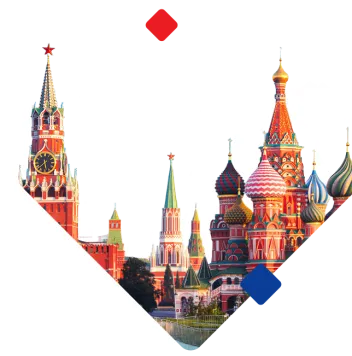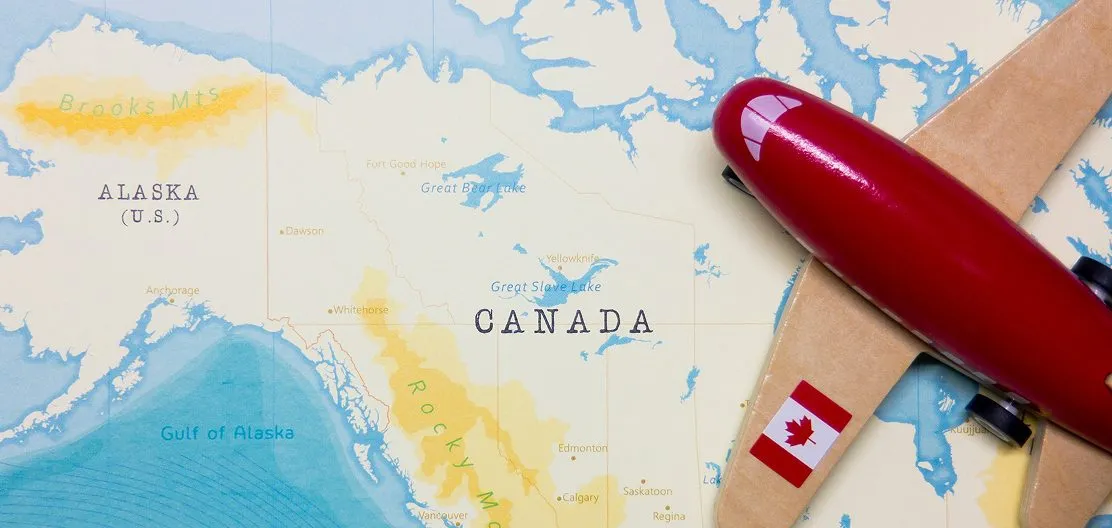As of January 1, 2024, changes were made to the State Program for the Resettlement of Compatriots. This program, originally approved by Presidential Decree No. 637 in 2006, was updated in November 2023. A new status — repatriate — was introduced.
In this article, we will examine all the changes in detail and explain how to determine your status within the program.
Previously, participants in the resettlement program were required to choose one of the participating regions, move there, and live in the chosen region for at least three years. Participants were provided with certain benefits funded by regional budgets. These benefits could include relocation expense reimbursement, initial settlement payments, preferential loans, and other forms of support, which varied by region.
Who Can Repatriate from Canada to Russia?
Based on Presidential Decree No. 872 dated November 22, 2023 (in effect since January 1, 2024), the concept of a “repatriate” was introduced. This includes compatriots who wish to participate in the state program under the following conditions:
- Citizens of Russia who permanently resided in Canada as of February 24, 2022;
- Individuals who voluntarily renounced Russian citizenship;
- Individuals who permanently resided in the RSFSR and held USSR citizenship;
- Applicants and their family members who had direct-line relatives residing in the Russian Empire or states/republics that became its successors within the current borders of the Russian Federation and who held relevant citizenship.
Repatriates and their families are subject to special conditions, but they may also participate in the program under general terms as compatriots. Applications can be submitted either from abroad (in the country of permanent residence) or from within Russia. Applicants are not required to prove knowledge of the Russian language if they have a diploma issued by the USSR or the Russian Federation.
Why Are Canadian Citizens Moving to Russia?
Many compatriots who were forced to emigrate to Canada want to return to their historical homeland for various reasons. For some, it’s a chance to reunite with family and reconnect with Russian culture. For others, it’s an opportunity to start a business or acquire real estate. A large percentage of repatriates are looking to move to Russia upon retirement. Ensuring a stable future and giving their descendants freedom of choice is also a driving force for many. Repatriates are also attracted by the ability to delay relocation and later choose any region in Russia, including those not participating in the state program.

Support Programs and Benefits for Repatriates
The current state program is indefinite and does not require repatriates to reside for three years in the region of settlement.
Repatriates are eligible for the following benefits:
- Reimbursement of expenses for visa processing and legal status documentation;
- The ability to relocate to Russia with family members: spouses, children (including adopted), parents, grandchildren under 18, legally incapacitated or underage siblings, grandparents;
Simplified acquisition of Russian citizenship; - Duty-free import of personal belongings and property into Russia;
- Access to healthcare and education, as well as assistance with employment;
- The right to work without needing additional permits.
These measures are provided to varying extents in different regional programs. The number and scope of benefits are determined by the region chosen for residence. In some federal subjects, dedicated support centers are established to assist new arrivals with processing documents and accessing entitled payments.
The Process of repatriation from Canada
The relocation process for a compatriot from Canada to Russia involves the following steps:
- Submit an application to participate in the state program and file it with the Russian consulate in Canada, along with the required set of documents. The consulate will review the documents.
- Wait up to 60 days to receive a participant certificate. This document includes all family members listed in the application who wish to obtain Russian citizenship with the applicant. The certificate is valid for 5 years. After this period, it becomes invalid and the applicant and their family members lose participant status.
- Move to Russia. Compatriots may request reimbursement for the cost of transporting their belongings by automobile, railway, air (on regular routes), or sea, including customs fees and taxes. If a vehicle is brought into Russia from Canada, it must have been owned by the applicant for at least one year before relocation. The vehicle may remain in Canada for up to 1.5 years from the applicant’s permanent relocation date. Only one car, motorcycle, and trailer may cross the border under the preferential regime. If there are no direct flights, transfers are allowed. Expenses for insurance or additional services are not reimbursed. Upon crossing the border, migration cards must be completed, indicating the purpose of visit as “private.” The applicant and family members must carry passports, the migration card, and the participant certificate or its copy (if entering separately).
- Upon arrival in Russia, the applicant and family members must visit a regional office of the Ministry of Internal Affairs (e.g., in Moscow) to have the participant certificate stamped. All repatriates must carry the necessary documents.
- Within 7 days of arriving in Russia, the applicant must register for migration purposes (participants may remain in Russia for up to 30 days without registering, but must register afterward), undergo a medical examination within 90 days, and obtain a TIN and SNILS (these may be obtained immediately after migration registration).
- Submit citizenship documents. Application review takes approximately 3 months.
- Obtain Russian citizenship and take the oath. Proceed to obtain the internal passport, medical insurance, and military registration.
Required Documents for Repatriation
The state program participant must prepare and submit the following:
- Application to participate in the state program;
- ID documents of the Canadian citizen and their family members wishing to relocate to Russia;
- Documents confirming family ties with ancestors (birth, marriage certificates, etc.);
- Educational diplomas of the applicant and family members, documents confirming professional qualifications and skills;
- Marriage certificate;
- Birth certificate;
- Documents confirming work experience;
- Two photographs, 35×45 mm;
- Documents confirming the grounds for participation in the program (e.g., certificate of voluntary renunciation of Russian citizenship, if applicable).
If originals are not available, archival extracts may be submitted. All originals must be accompanied by copies. If the documents are in English or French (Canada’s official languages) or another foreign language, they must be apostilled and translated into Russian with notarization. The notarization may also be performed by an official at the Canadian consulate.
Advantages of Repatriation from Canada to Russia
Compatriots who once moved to Canada but choose to return to Russia contribute to the country’s future:
- Qualified professionals return to Russia;
- Repatriates positively influence the national economy and the development of the regions where they settle with their families;
- Cultural exchange takes place.
Repatriates themselves gain:
- Confidence in the future;
- Voting rights after obtaining Russian citizenship;
- The ability to move freely throughout the country and choose any region as their place of residence;
- A stable future for themselves and their descendants.
